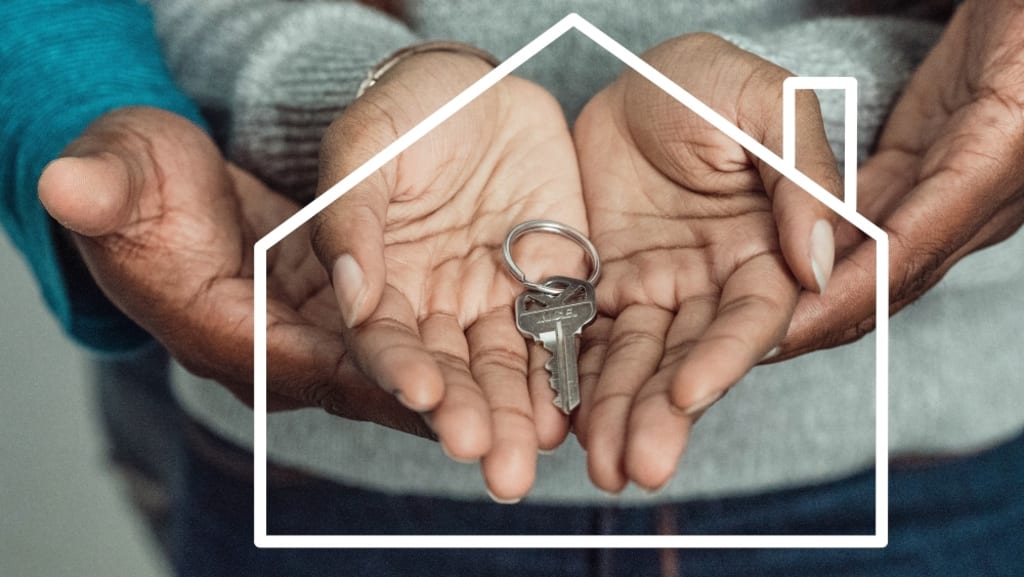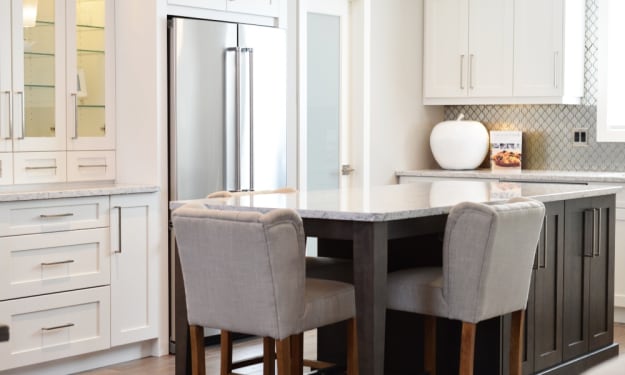Financially Smart Tips When it Comes to Buying a Home
What You Should Know About Home Buying

The image source is Pexels.
Whether you're downsizing, upsizing, or buying your first home, your financial decisions will impact how successful your move to your new home goes. Moving is exciting, but you want to time your financial decisions well so any actions that lower your credit rating don't hit until you have your new mortgage signed and have readjusted your budget to make your house payment more manageable.
Build Up Cash, Lower Your Level of Stuff
When you make the decision to move, stop spending money. Unless you need groceries or gas, stop shopping so you can avoid adding to your stuff level so you can pack. Once you stop shopping, you'll have cash building up and your credit account balances may not be climbing. Pay things off as you can, but don't put all your cash against debt; even if your down payment will be covered by the sale of your existing house, cash will be very helpful in your new home.
Protect Your Down Payment
The credit crisis of 2008 taught us that the ability to save up for a down payment and build an emergency savings account is critical to successful home ownership. To make sure that your home purchase through Greater Lehigh Valley real estate goes smoothly, keep that savings account high. Many of us are very good at paying our bills but tend to save only what's left. If you fall in that camp, consider setting up an automatic savings account in an online bank. Then try to lose your password. Many online banks make it easy to change that password or set up a new one, but if you can make saving an automatic process, just like paying a bill, you will be more successful as a saver.
Additionally, do your best to pay for emergencies without immediately tapping into savings. This is where smart credit card use can come in. For example, if you have a credit card that offers points, miles or cash back, cover your emergency with that card. When the card comes due, you may have to pay it with the emergency fund, but you can reap the rewards. To that end, do your best to pay off your full credit card balance each month so emergencies don't completely bury you.
Stay On Top of Debt
When bills come in, pay them off. Don't wait until the due date. Instead, cover debts immediately and focus particularly on the debts that get reported to credit bureaus, including; credit cards , utility bills , and bank payments. Paying things early will reduce the risk of missing a payment and suffering a negative credit ding. You're also going to be busy packing, so why risk waiting for the due date?
Don't Open New Accounts
Your new house may need new furniture, but do your best to avoid opening new accounts until you have signed that mortgage, moved in and gotten your budget organized. Even if you stay on top of all your debts, whether new or old, new accounts are hard on your credit rating. To that end, try not to close accounts. If you have credit cards that are about to be cancelled because you're not using them, set up a rotation to put a new card into your wallet for gas and groceries. Maintaining your available credit is also important to your credit rating.
Conclusion
Become a temporary minimalist before you decide to move. Even if you love a loving home full of your favorite stuff, stop spending when you choose to move so you can stack up some cash. Pack only what you love and enjoy your new space!





Comments
There are no comments for this story
Be the first to respond and start the conversation.